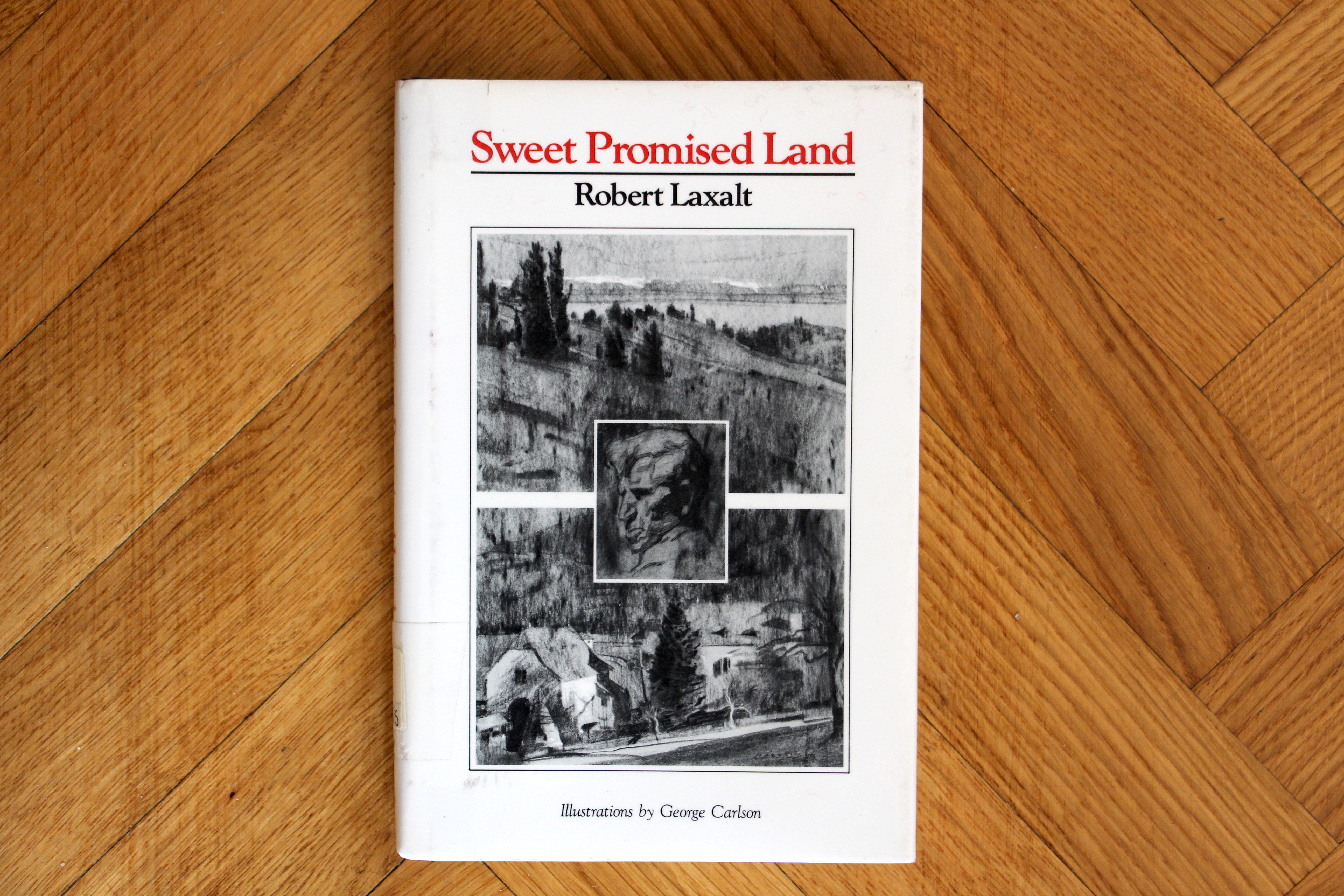When I was 19 years old, I went through a period of reading almost exclusively travel memoir. A Year in Provence, Under the Tuscan Sun, Sixpence House – I devoured whatever I could get my hands on at the library or at the local bookshop, drinking them up in the hour between when I drank my morning coffee and started my shift at my town’s local restaurant. Sitting in a comfy chair at the local bakery, the sunlight streaming in through the plate-glass windows, I felt as though I was seeing the world.
But once I’d moved to Europe, these old favorites got shelved. I found that despite their wide range of settings and charming elements of local color, all of these books followed the same basic structure: a foreigner arrives in a new land and, bit by bit, becomes a local. It felt repetitive, and it began to bore me. I sought out other things to read, and while many of these old paperbacks have followed me from apartment to apartment over the years, I haven’t picked up a travel memoir in a very long time.
But this tendency was overcome, recently, by another tradition I have: that of reading a book about a place I’m visiting. Seeking out books about the Basque Country before my recent trip to San Sebastian, I stumbled upon Sweet Promised Land and, despite it being a travel memoir rather than a novel and being about the French Basque Country rather than the Spanish side, where I was headed, I checked it out.
Friends, I’m so glad I did.
First and foremost, Robert Laxalt’s writing is beautiful. Sparse and elegant, it has led many to call Laxalt the Hemingway of Nevada. But whereas Hemingway has a tendency to insert himself into every single story he writes, Laxalt takes on the role of storyteller here, for the true protagonist of this memoir isn’t the narrator, but rather his father.
Sweet Promised Land is a tale of homecoming, of a sheepherder’s first and only trip back to his remote Basque hometown 47 years after moving to America to start a family. But homecoming is a strange, bittersweet beast in this 1957 book. After years of promising to return, the elder Laxalt only finally makes the journey to visit a dying sister – and through some slight manipulation on the part of his children. From the very beginning of the journey, both Laxalts – and the reader – are aware that this will be his only trip home.
Robert is the eyewitness to his father’s own journey, adding a layer of introspection that the reader gets the impression the older Laxalt never approaches. In his father’s gruff manner, in his pauses, in his glances, Robert reads things that the reader never would have been able to comprehend.
The bittersweet result brushes up against several themes: not only the ephemeral nature of this homecoming, but moreover, the realization small village that raised him may not be his home anymore, after all.
